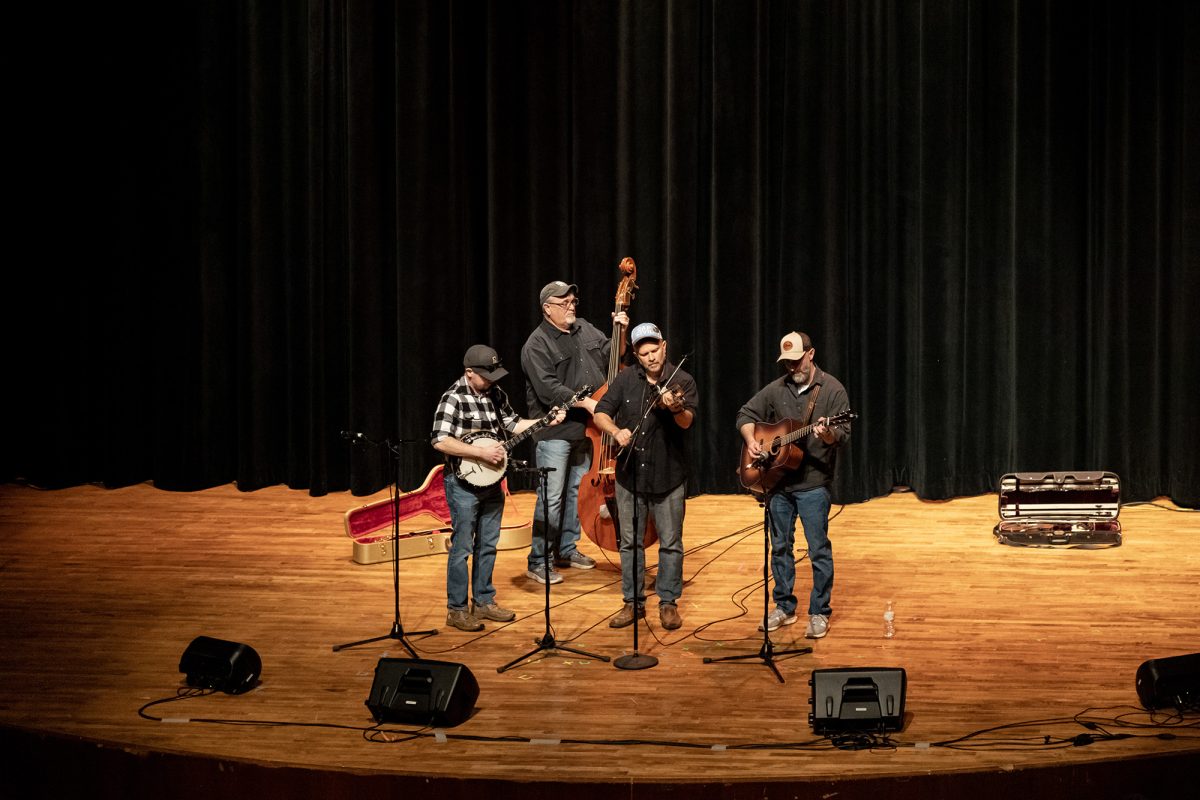The Chicago Symphony Orchestra’s performance of Shostakovich’s Chamber Symphony, Vaughan Williams’s Tuba Concerto, and Beethoven’s Seventh, last Wednesday was scintillating. Part of the CSO series Afterwork Masterworks, which features concerts on Wednesday evenings at 6:30 p.m. without intermissions, the concert was guess-conducted by Jaap van Zweden, the excitable Dutch music director of the Dallas Symphony, and a stark contrast from stately conductors like the CSO’s own Riccardo Muti, German-born Kurt Masur, Bernard Haitink, and the austere Esa-Pekka Salonen.
I have no doubt that van Zweden’s colorful interpretations, replete with more parries and lunges than a fencing match, will color my view of the conductor for the future, though my conservative preference for the anti-theatricality of giants like Toscanini and Richard Strauss in no way impugns the maestro’s stellar musicianship or his apparently excellent rapport with the Symphony – a rapport which is perhaps easier to take seriously with closed eyes. van Zweden’s conducting was fast but confident, and the program was brought off excellently.
The first piece, Chamber Symphony, arranged by Rudolf Barshai for string orchestra from Shostakovich’s Eighth String Quartet (1960), dates from the end of the latter’s career. The trauma of Shostakovich’s polio coupled with his fraught connection to the Communist party is said to have influenced the work. The piece itself is certainly quite dark, and the central motif, which spells out the composer’s initials, reinforces the composition’s semi-autobiographical status. It remains an open question, however, whether Barshai improved on the original by expanding it for a few dozen instrumentalists. Certainly, he allowed for broader textures and ranges of expression, and van Zweden made full use of the considerable forces in the CSO’s string section. If the work alone didn’t justify the entire evening, it may at any rate be the most effective opening piece the Symphony has played this season.
The Vaughan Williams Tuba Concerto, the second piece of the night, is something of an anomaly. Williams, a Brit, was famously most comfortable writing deeply nostalgic works. Despite its enduring popularity (not least among tubists, to whom it offers a handful of showy solos), the concerto has not been particularly influential. It’s an enjoyable work; indeed, it’s almost impossible to listen to principal tubist Gene Pokorny play in the instrument’s lower reaches without giggling at some of the visceral incongruity in Williams’s musical juxtaposition. The breezy, 13-minute performance received a hearty ovation.
Though it was nominally the main event, Beethoven’s Seventh Symphony, a lighter mature symphony than many of the composer’s, did not exactly dominate the program. The structure of Afterwork Masterworks, with its lack of an intermission, helped the show’s pace, and because the Shostakovich contained such musical catharsis, one would be challenged to find Beethoven prior to the late quartets that did the abreactive work of the String Quartet/Chamber Symphony, and certainly the Seventh Symphony, even in its rather overplayed second movement, did not outdo the Russian.
If the concert was an exercise in speed, the Seventh Symphony, which Richard Wagner termed “The Apotheosis of the Dance,” was its clearest articulation. Van Zweden’s conducting was unusually rapid throughout, and his performance of Beethoven made the notoriously fleet Toscanini recording appear positively staid. The second-movement “Allegretto,” so frequently victim to the melodramatic shortcomings of other interpreters, perhaps benefited from van Zweden’s speed, gaining in forthrightness whatever nominal losses there were to emotive effusion. The orchestra was perhaps not entirely used to playing the third-movement scherzo at the tempo van Zweden asked, and was, despite the institution’s stratospheric standard, at times uneven. By the finale, though, it seemed to have recovered. The performance was commendable, with or without the Maestro’s slightly indulgent conducting practice.








